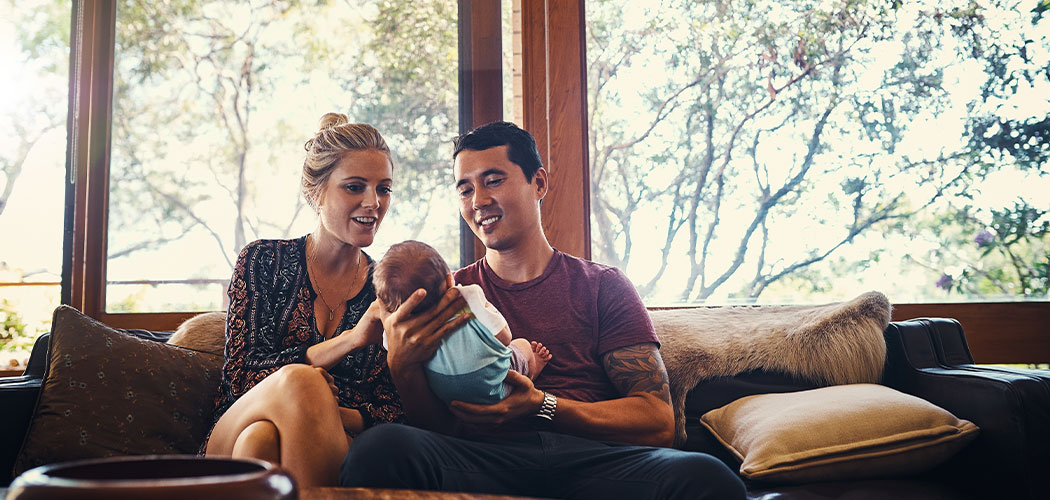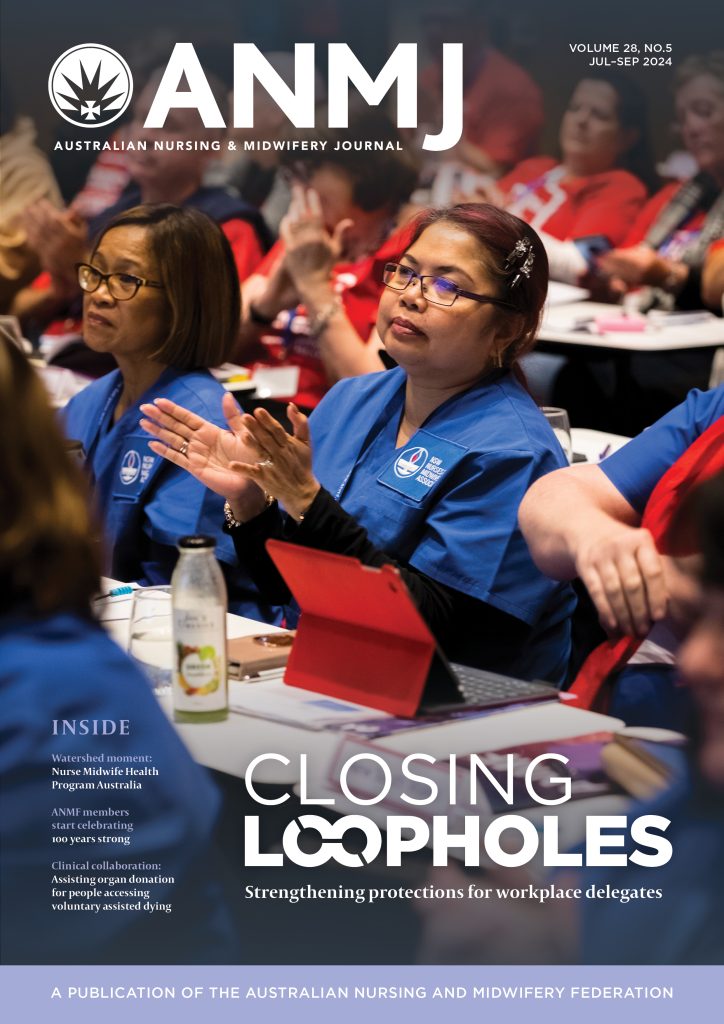Parental leave is the only form of leave which doesn’t require superannuation to be paid – until now. Yesterday, in the lead up to International Women’s Day, the federal government committed to paying 12% super on Commonwealth Paid Parental Leave from 1 July 2025.
The historic reform, which unions have long campaigned for, will benefit about 180,000 families annually and continue to bridge the gap towards gender equality.
The Australian Nursing and Midwifery Federation says the much-needed super boost will greatly benefit nurses, midwives and assistants in nursing (AINs), who have suffered inequity through the loss of super while taking time out of the workforce to have children.
“For over a decade, the ANMF has fought long and hard for PPL, better super and other entitlements to help achieve gender equity in the workforce, which is why we applaud the Government for taking this important policy decision,” said ANMF Federal Assistant Secretary Lori-Anne Sharp.
“Women comprise 89% of the Australian nursing and midwifery workforce, who, on average can retire with up to 40% less super than men – and that must change if working women have any chance of reaching a secure retirement with a comfortable standard of living.”
According to the Government, the commitment, which will be costed in the May Budget, will help normalise parental leave as a workplace entitlement, just like annual leave or sick leave, and boost retirement incomes.
“Paying super on Government parental leave is an important investment to help close the super gap and make decisions about balancing care and work easier for women,” said Minister for Women, Senator Katy Gallagher.
Welcoming the announcement, the ACTU said the change would rectify longstanding inequity that costs women thousands of dollars in retirement savings, contributing to the start gendered retirement gap.
.@josephgmitchell with just some of the union members who have been fighting for years to have super on Paid Parental Leave.
— Australian Unions (@unionsaustralia) March 7, 2024
A momentous win that will make a huge difference. pic.twitter.com/4IMmZUXCyB
“This will take us one step closer to retirement equality and finally rectify a glaring gap in our retirement income system,” ACTU Assistant Secretary Joseph Mitchell said.
“So many women retire with far too little and this is going to make an enormous difference for hundreds of thousands of women and families every year, who will no longer miss out on vital contributions to their nest egg while they are taking parental leave.”
Modelling from super fund HESTA has continually exposed the impact on super balances at retirement as a result of superannuation not currently being paid on parental leave. After 13 years of advocating for the measure, CEO Debby Blakey praised the federal government’s pledge as a “significant step forward for women’s financial security in retirement”, but said more needs to be done to close the gender super gap.
“We’ll keep pushing for policymakers to make improving women’s retirement outcomes a top priority,” she said.
“We’re continuing to advocate for other key equity measures that can help improve retirement outcomes for our members, and women. Lower-income earners, including many women, continue to pay more tax on their super contributions than their wages. That’s why we support updating the Low-Income Super Tax Offset (LISTO) to reflect current tax and super settings.
“We have two clear asks of Government. Firstly, that they increase the maximum income eligibility for LISTO from $37,000 per annum to the top of the second income tax threshold, currently $45,000 per annum. And secondly, aligning the amount of the offset to the Super Guarantee, would help make a difference for the retirement savings of women and low-income earners across Australia.”









